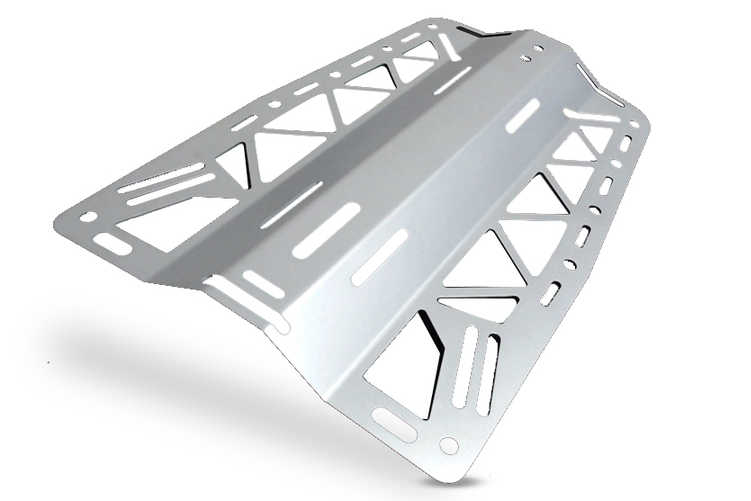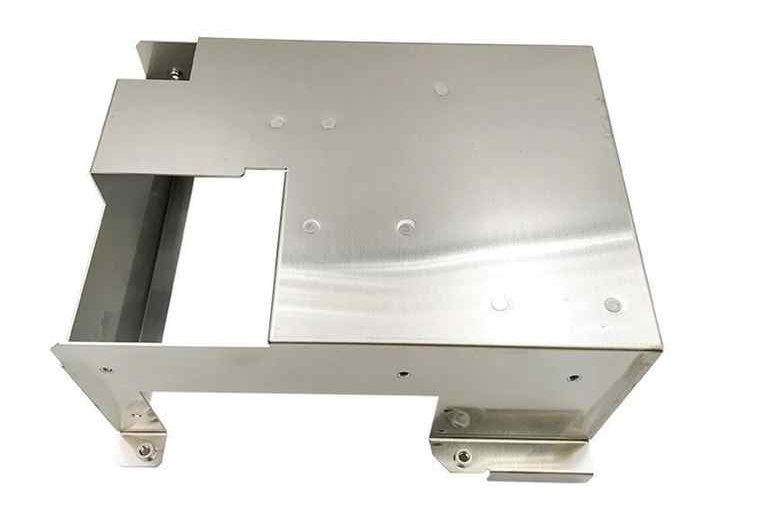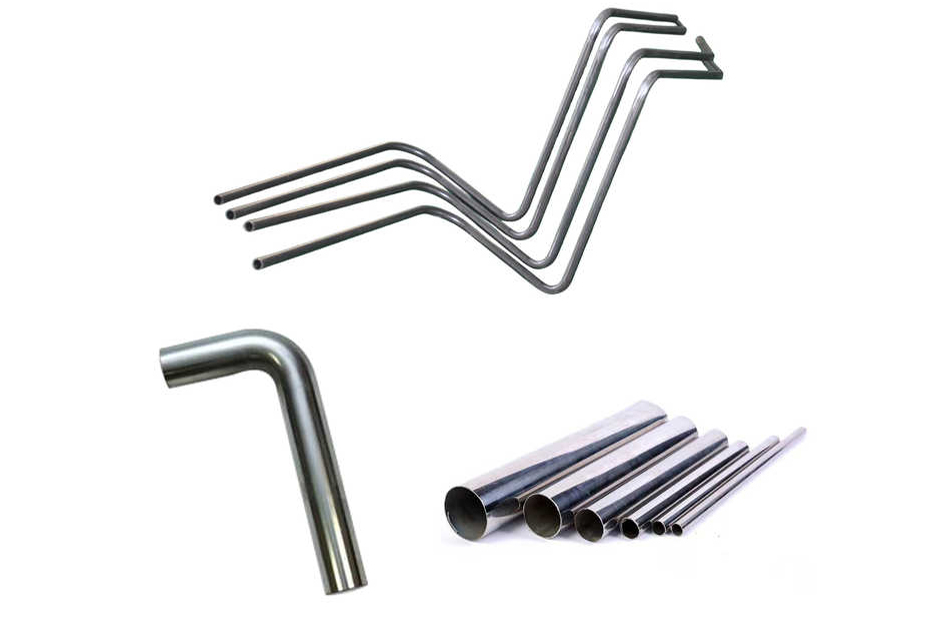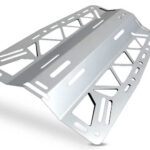
Metal Fabrication Equipment
November 24, 2023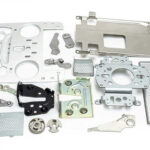
Sheet Metal Manufacturing
December 22, 2023The Essential Guide to Metal Fabrication Materials
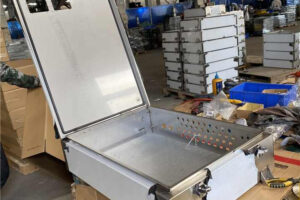
Metal fabrication is a complex and integral process in the manufacturing industry. From automobiles to construction, metal fabricated products are used in various sectors. However, the quality and properties of the final product heavily rely on the choice of metal fabrication materials. In this article, we will explore the different types of materials commonly used in metal fabrication, including their characteristics, applications, and considerations for selecting the right material.
1. Steel:
Steel is one of the most widely used metals in metal fabrication due to its excellent strength, durability, and versatility. It is available in various forms, such as carbon steel, stainless steel, and alloy steel. Carbon steel is preferred for structural components, while stainless steel offers resistance to corrosion, making it suitable for applications in the medical and food industries. Alloy steel combines strength with other desirable properties, making it ideal for specialized applications.
2. Aluminum:
Aluminum is known for its lightweight nature, high strength-to-weight ratio, and resistance to corrosion. These attributes make it a popular choice for aerospace, automotive, and marine industries. Aluminum can be easily welded and offers good formability, making it suitable for complex shapes and designs. Additionally, its ability to conduct heat and electricity makes it an ideal choice for electrical enclosures and heat exchangers.
3. Copper:
Copper is valued for its excellent electrical conductivity, thermal conductivity, and corrosion resistance. It has various applications in electrical and electronic industries, where these properties are crucial. Copper is also used in plumbing systems and architectural applications due to its aesthetic appeal and antimicrobial properties. However, copper is relatively expensive compared to other metals, which should be taken into consideration during material selection.
4. Brass:
Brass is an alloy composed primarily of copper and zinc. It possesses good corrosion resistance, hot workability, and is aesthetically pleasing. Brass finds applications in musical instruments, plumbing fittings, and decorative components. It is also commonly used in CNC machining due to its excellent machinability and low friction properties.
5. Titanium:
Titanium is renowned for its exceptional strength-to-weight ratio, high corrosion resistance, and biocompatibility. It is often the material of choice in industries such as aerospace, medical, and chemical processing. However, titanium comes with a higher price tag and requires specialized techniques for fabrication due to its unique properties.
Considerations for Metal Fabrication Materials Selection:
When choosing a metal for fabrication, several factors need to be considered:
a) Application requirements: Assess the functional requirements of the final product, including mechanical strength, corrosion resistance, electrical conductivity, and thermal properties.
b) Cost-effectiveness: Evaluate the project budget and consider the balance between performance and cost. Some materials may offer superior properties but come at a higher price.
c) Fabrication process: Different metals have varying welding, cutting, and forming characteristics. Choose a material that aligns with the available fabrication techniques and equipment.
d) Environmental factors: Consider the operating environment, including temperature extremes, exposure to chemicals, and potential impact on materials’ longevity.
Metal Fabrication Materials Conclusion:
Selecting the right metal fabrication material is crucial for creating high-quality and durable products. Steel, aluminum, copper, brass, and titanium are among the commonly used materials, each offering unique properties suitable for different applications. Careful consideration of application requirements, cost-effectiveness, fabrication processes, and environmental factors will ensure the optimal choice of material for successful metal fabrication projects.

